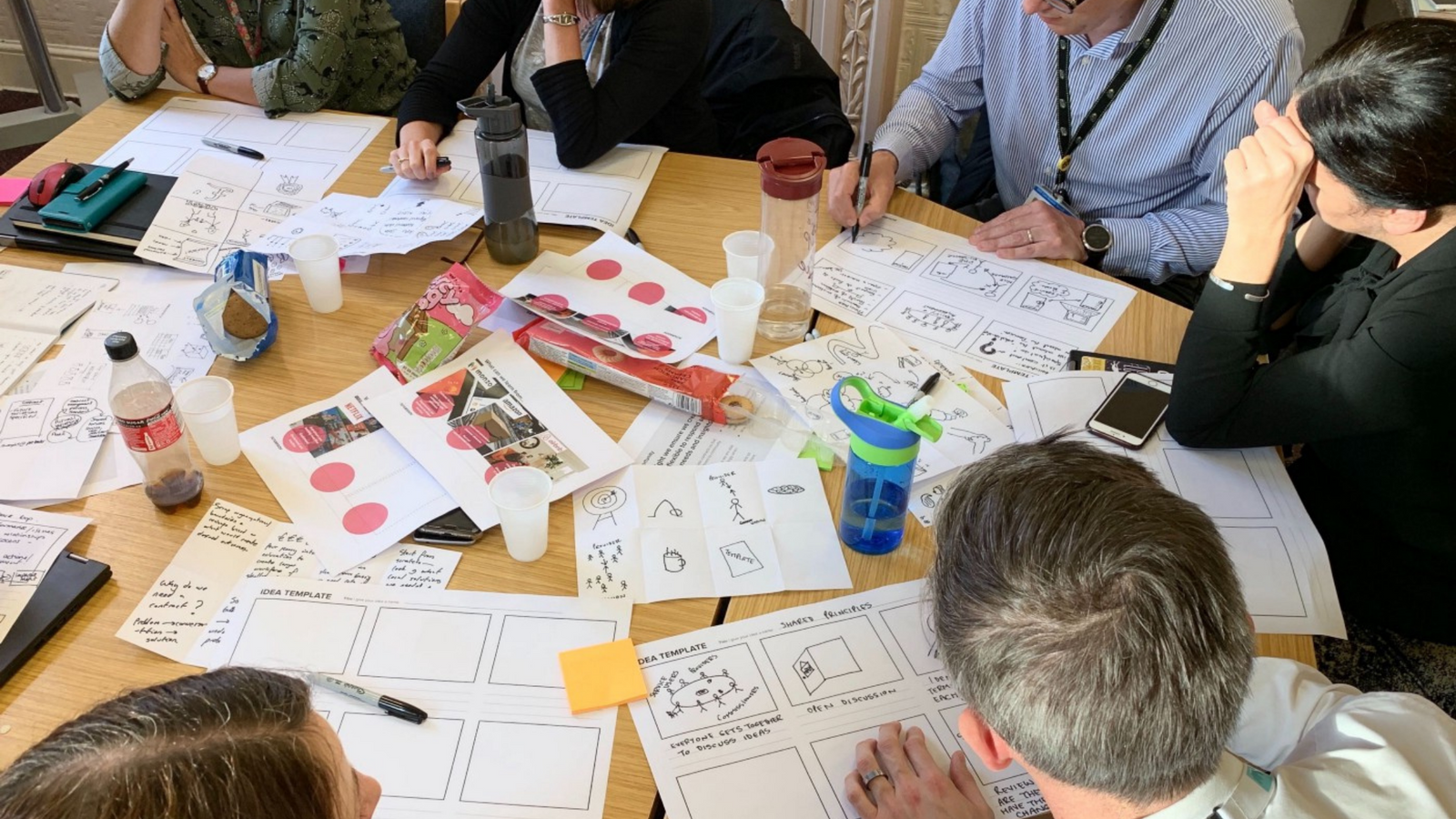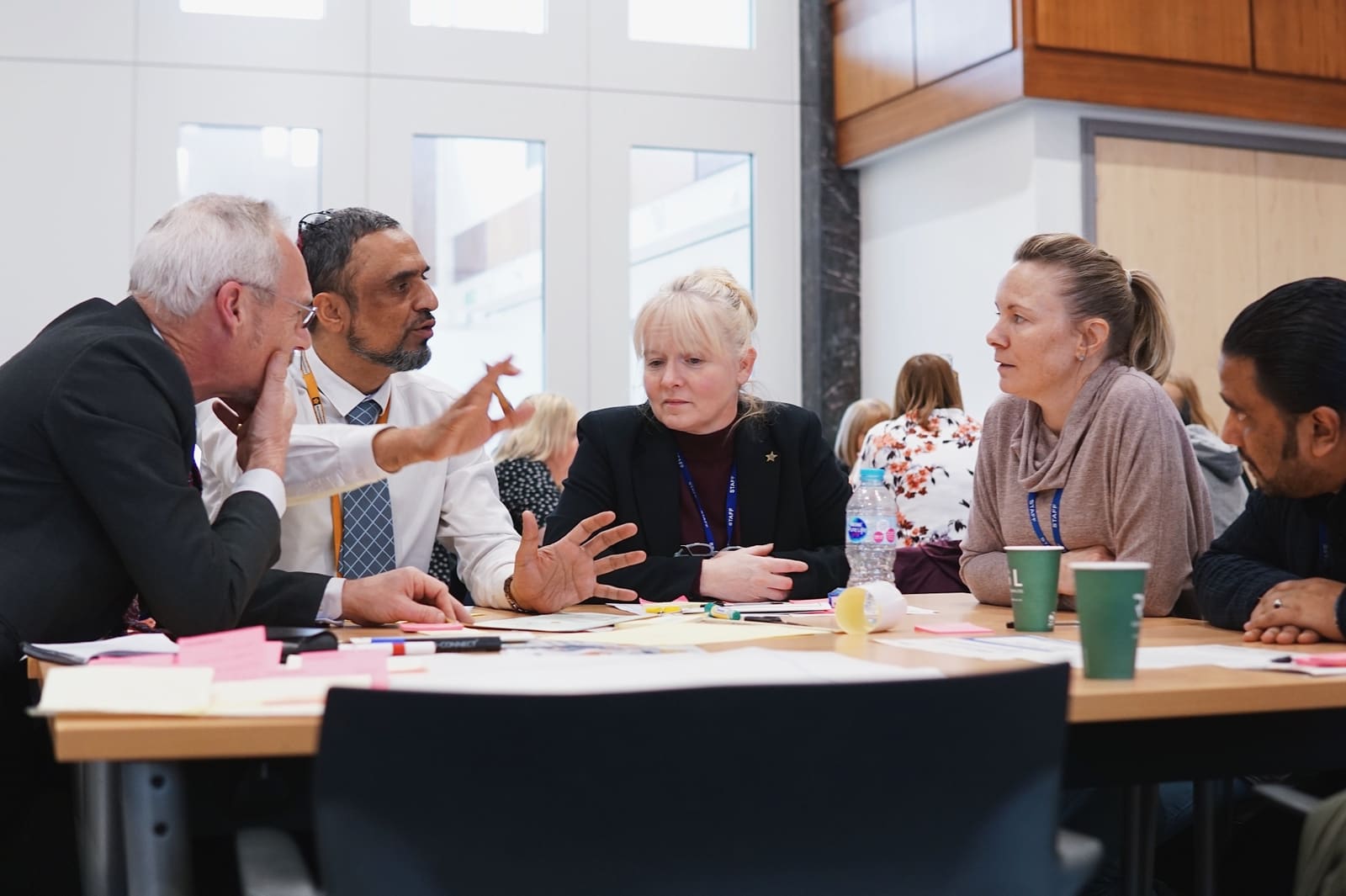Health and care integration is a hot topic. Despite a string of national policy positions, local governance arrangements and partnership agreements, it remains a difficult challenge. Without proper funding for social care, and a local authority voice at the table, embedding strong health and care integration risks being a promise that cannot be effectively delivered. And what is delivered, is done so solely through an acute perspective.
True integration will require fundamental shifts to developing shared visions and collaborative approaches that meet the rising demand of people’s expectations and increasingly complex needs.
Delivering on strategic intent
The latest mechanism for achieving seamless health and care provision is the introduction of Integrated Care Systems (ICSs). As set out by the NHS Long Term Plan, from April 2021 all parts of England are covered by 42 ICSs, with some of these having been established since 2018.
Replacing the existing Sustainability & Transformation Partnerships, it appears ICSs are already facing the same problems, despite their new structure. Namely, a confusing geographic footprint, crowded local governance structure and unclear long-term finances. With this comes important structural questions about funding, leadership, decision-making and local accountability.
Over the last five years, we’ve seen local areas adopting different, innovative methods and approaches to addressing those challenges. This has included structural integration in places like North East Lincolnshire and Trafford who’ve each appointed joint Chief Executives for the Councils and CCGs. But also the work of the local Health & Wellbeing Boards to produce their needs assessments and the closer day to day working arrangements in local areas in light of the pandemic response.
However, there still exists a feeling of inequality between local authorities and CCGs across much of the UK. There’s a genuine concern that the new arrangements risk exacerbating the health focus of the wider system.
Primarily, this is a question of both scale and funding.
National versus local tension
With the national focus of the NHS and the local focus of local government, tensions arise when finding the right scale to commission and deliver work. It's already challenging when there’s a local authority and a hospital trust working to different geographic footprints, as they naturally think differently. One focuses on neighbourhoods and communities and the other with an eye on national trends and infrastructure.
We’ve seen this with place-based commissioning which is increasingly adopted as a means to better deliver person-centred care. It’s often the case that the scale to identify and meet needs is smaller than a local authority footprint. Looking more to neighbourhoods or wards, this approach looks to collaborate with partner organisations who have links to communities and are best placed to deliver the care and support that’s needed.
The introduction of ICSs sees a focus on an even larger footprint, with some areas covering multiple local authorities and CCGs. While this offers certain economies of scale for commissioning and procurement, it risks communities being underserved due to insufficient nuance and flexibility in the system.
Lack of long-term funding agreement
From a funding perspective, the rapid government response to Covid-19 provided a short term answer to many challenges, such as funding crucial services like hospital discharge. This has meant a temporary hiatus to the challenge of who pays for care, enabling a stronger focus on the needs of individuals. Discharge to assess was already something local areas were working on, but there had always been disagreement about which organisation paid for what. Ultimately, this meant it became too easy to lose sight of the person or the outcomes that everyone wants to achieve.
All of this is set against the backdrop of increased pressure on local authority finances, which could further cement the disparity between health and care. The ICSs will have the financial clout to address problems and the strategic authority to set the direction for a local area, meaning there’s a very real possibility that an acute perspective on health and care integration predominates. And that the social care perspective is at best embraced, and at worst, lost along the way.
As it stands, with the lack of a long-term funding agreement in place, when the Covid-19 support comes to an end, we risk falling back into the disjointed way of working that existed before. This will mean a lack of clear focus on supporting people to access the right care at the right time and increasing pressure elsewhere in the system.
Sharing power and responsibility
Ultimately, it feels important to avoid persistent grappling for power. If we’re focused on power and influence, we’ve lost focus on creating better outcomes for people. Making sure there’s a local authority voice at the ICSs table feels critical to these continuing challenges. The dynamic could end up being that the ICSs set the policy and strategy environment, with the local authority solely delivering.
However, as Covid-19 has proven, local authorities provide real place based leadership and diminishing their role and influence would be misguided. It would be wise to lean on the Health and Wellbeing Boards who’ve already been working in this way and can help to align strategy, otherwise, there’s a danger they could overlap and this reduces strategic clarity for local areas.
It seems apparent that local areas have passed the point where innovating is no longer enough, new models and ways of working have been adapted, partnerships established and costs saved. But without something to properly address the structural inequality between health and care, it will continue to be the case that we simply debate the problem while offering little in the way of solutions.

Transforming healthcare
Discover how we accelerate digital transformation in the NHS, delivering innovative, user-centred solutions that improve patient outcomes and streamline services.
Work with us
Putting people at the centre of the ICS integration
This post is the third in a series about the future state of health & care, based on our experiences delivering transformation with partner organisations and interviews with senior colleagues.
Read moreOur recent insights
Transformation is for everyone. We love sharing our thoughts, approaches, learning and research all gained from the work we do.

The NHS 10 Year Plan promises digital transformation & better care, but workforce, funding & data barriers risk delaying its ambitious vision.
Read more
How cross-sector collaboration can transform charities
Discover how effective cross-sector collaboration helps charities create lasting change through shared goals, inclusivity, and lean governance.
Read more
Mission-led collaboration in local government
To transform local services, central government must resource and staff ambitious mission teams, helping local leaders to shape markets and build systems that work.
Read more

